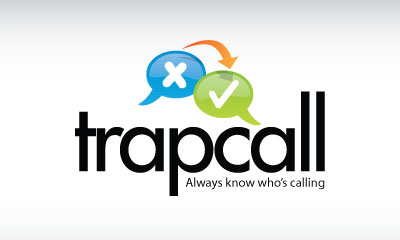TrapCall being seen as a technology that may invite troubles for abuse victims
 The domestic abuse advocates are getting really angry about the latest technology, which eliminates anonymous callers by exposing their phone numbers and sometimes even their addresses, as they are of the viewpoint that the product may put victims at risk.
The domestic abuse advocates are getting really angry about the latest technology, which eliminates anonymous callers by exposing their phone numbers and sometimes even their addresses, as they are of the viewpoint that the product may put victims at risk.
The basic aim of TrapCall, which was launched Tuesday, was to unblock and reveal callers' identities and numbers even after individuals have tried to block the information.
Since the early 1990's, when Caller ID was introduced; telephone users have been successful in blocking personal information from showing up. During the past, people use to hide their identity when making outgoing calls by either dialing *-6-7 before placing a call or asking their phone company to always hide their number.
TrapCall has ensured people that they would be able to see the phone number and even the home address of the person calling them. It does not matter even if the caller has blocked Caller ID which has upset the domestic abuse organizations.
It is being argued by abuse victims advocates that victims could be put in harm's way by TrapCall as they rely on blocking Caller ID when communicating with abusers in daily life.
Cindy Southworth, the director of the Safety Net Project at the National Network to End Domestic Violence in Washington, D. C said, "I'm quite concerned about TrapCall. When Caller ID first came out, phone companies worked very closely with domestic violence advocates to make sure victims could make anonymous calls and this strips away that anonymity."
However, the president of the company that makes TrapCall reported, "The technology was developed with domestic abuse victims in mind, to let them always see who is calling them."